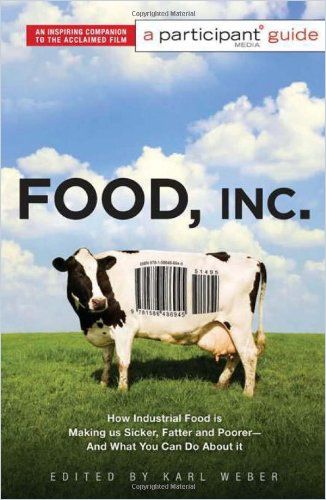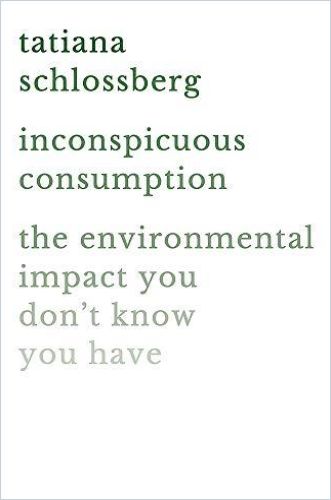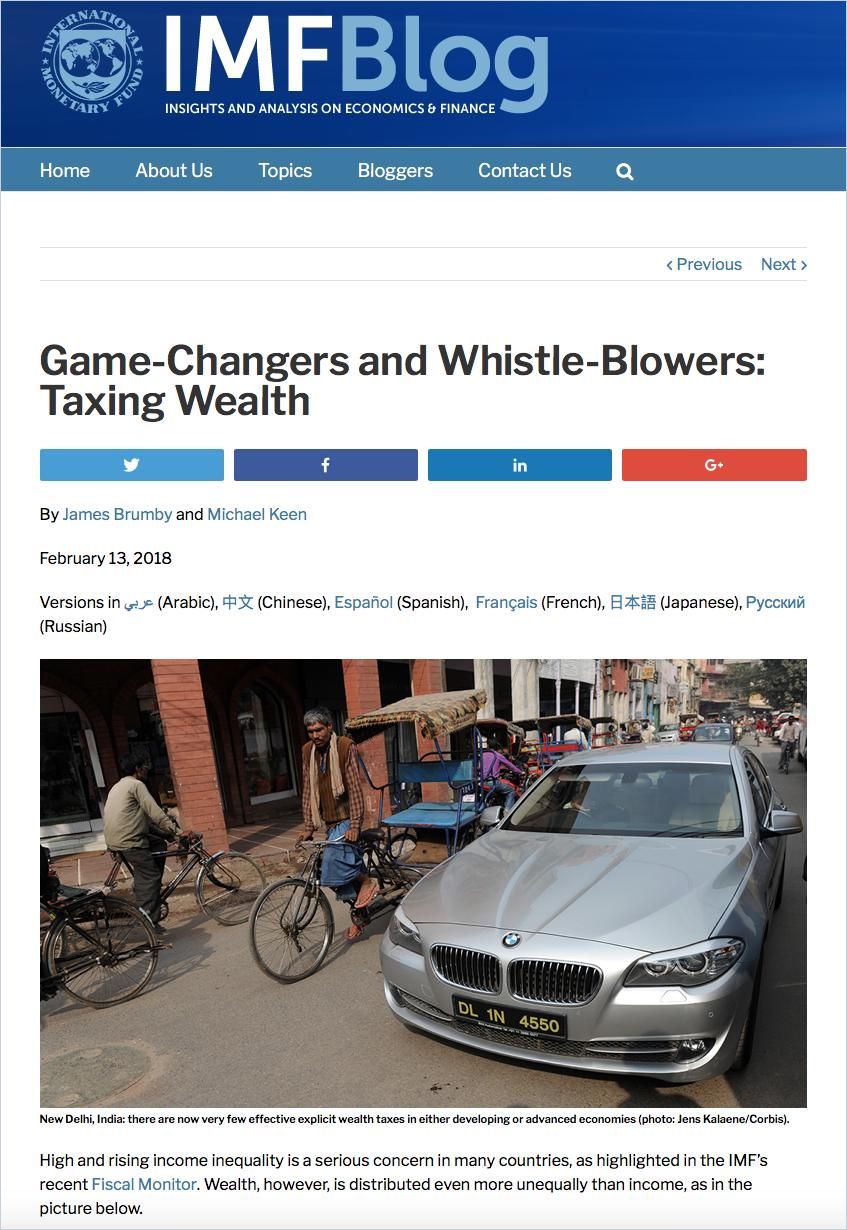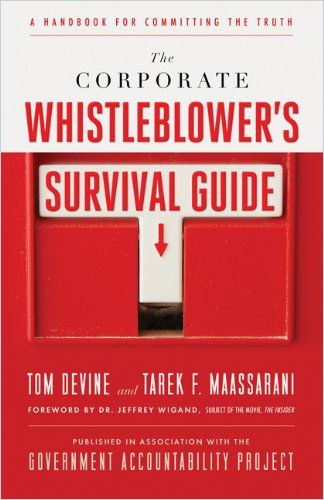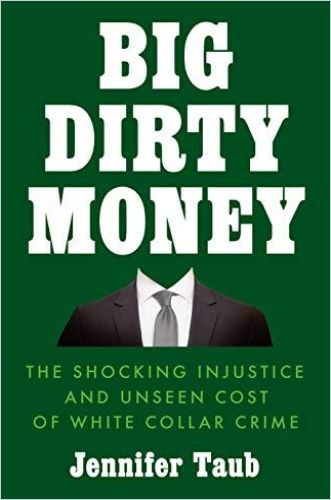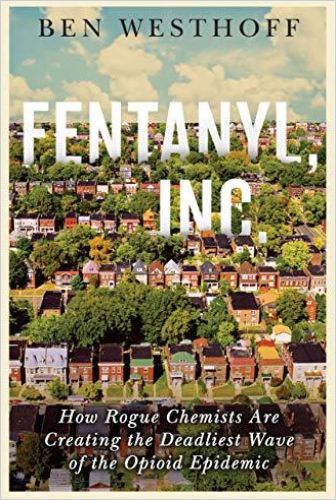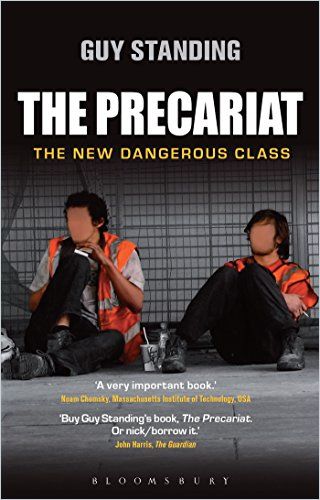A Wake-Up Call for Change
Upton Sinclair’s The Jungle
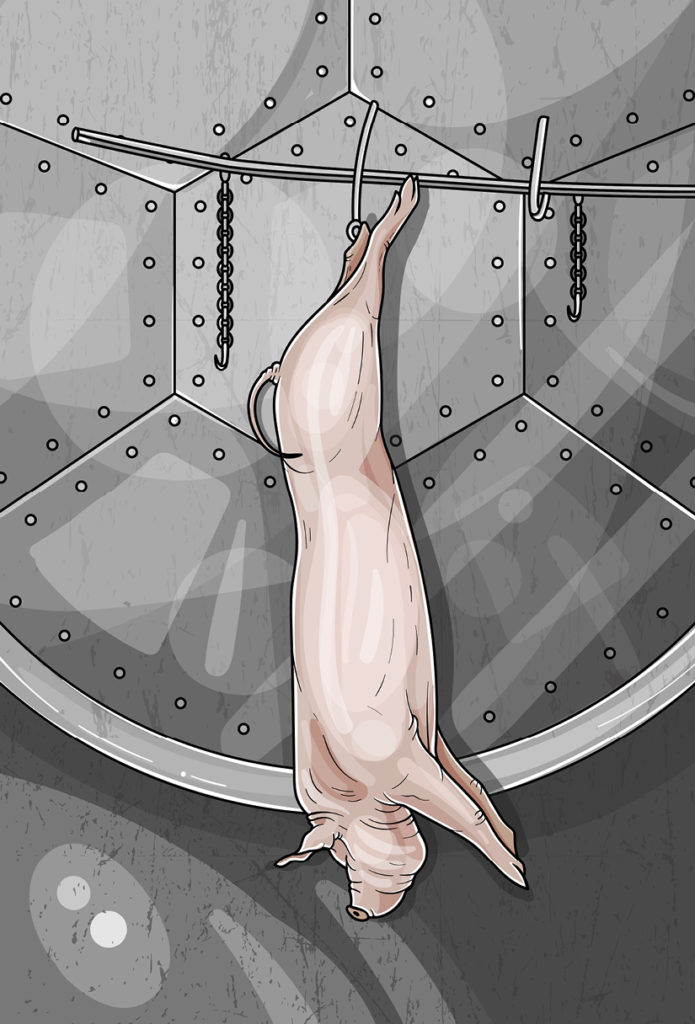
The internet and social media has enabled everyone with access to a phone and the internet to expose injustices and document poor conditions. A recent case in point is employees of Amazon warehouses taking to YouTube. Laying the facts bare can be an important first step for workers to improve their conditions if the public takes notice and demands change.
YouTube aside, a powerful way of touching people on an emotional level, and of helping the well-off see the world from the vantage point of the working poor, is through storytelling. Upton Sinclair did exactly that when publishing his 1906 blockbuster novel, The Jungle. His realistic depiction of the appalling working conditions in the meat-packing industry rattled the American public, including then-President Theodore Roosevelt.
To this day, the novel serves as inspiration for investigative journalists seeking to expose workplace conditions and unsanitary food industry practices.
What It’s About
The 1906 novel, The Jungle shocked respectable Americans by exposing the appalling working conditions in the meat-packing industry. It depicted an economic system that stripped decent hardworking immigrants of their savings, health, dignity and frequently their lives to produce unsafe consumer products. The novel is partly credited for the enactment of new federal food safety laws, yet laws addressing working conditions would take decades longer to pass.
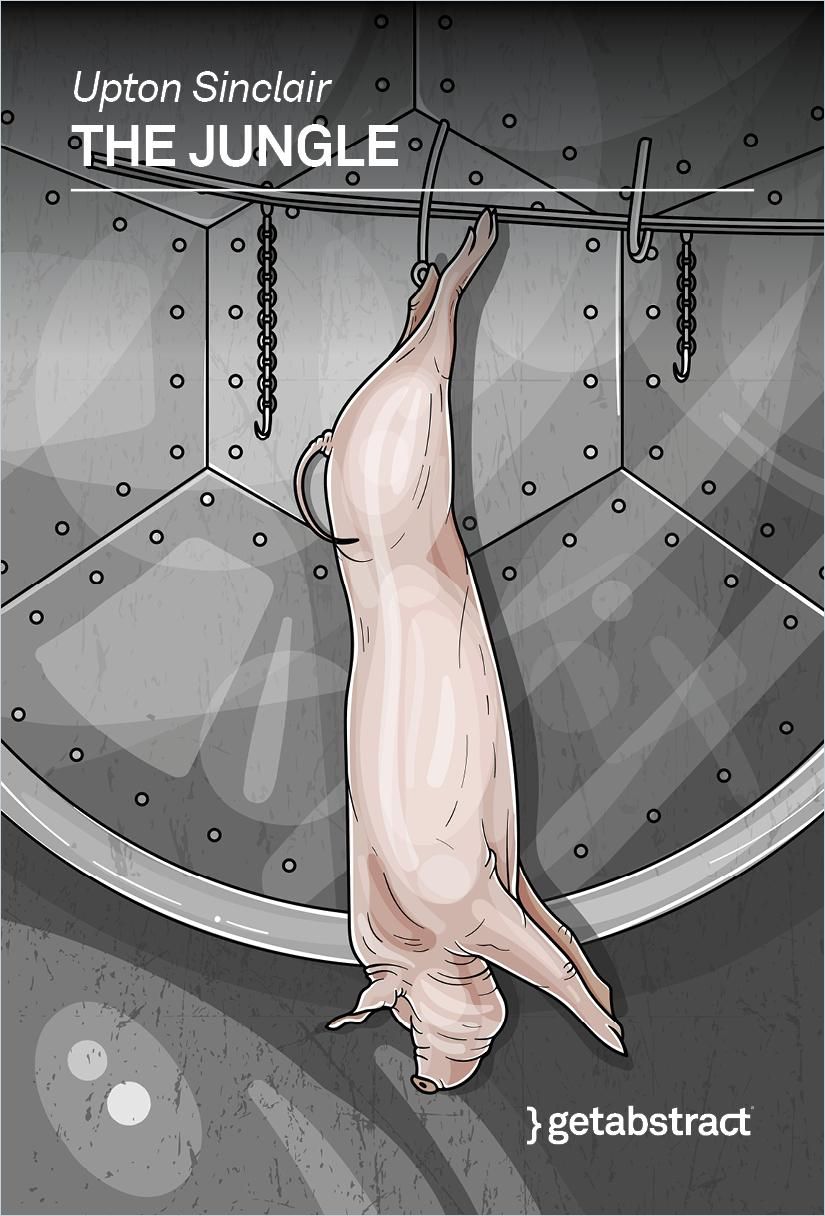
Three Lessons
1. Addressing Wrongs Starts with Exposing the Facts
Sinclair spent several weeks working in Chicago slaughterhouses before writing the novel. His realistic description of working conditions exposed the public to the daily struggles of the poor amidst America’s rapid industrial transformation. The book, which became an instant bestseller, opened people’s eyes to a system that rewarded crime and political corruption, stripped workers of their dignity and failed to reward hard work.
Even more appalling to the public at the time was the novel’s description of the abominable practices in the nation’s slaughterhouses: Rotting meat was mixed with fresh, E. coli and salmonella thrived, and rat cadavers and rat poison made their way into sausages. Then-US President Theodore Roosevelt is said to have thrown his breakfast sausage out the window after reading the book.
The novel prompted many to call for action. Roosevelt assigned a commission to investigate several meat-packing facilities. Subsequently, Congress passed the Meat Inspection Act and the Pure Food and Drug Act, laying the foundation for what later became the Food and Drug Administration.
After the facts are exposed, ignorance can no longer serve as an excuse. In recent years, whistleblowers and investigative journalists have opened our eyes to a broad range of issues deserving the attention of the public and lawmakers.
Karl Weber’s 2009 book, Food, Inc., for example, revealed shocking facts about the US food chain, from the horrible living conditions of livestock to the food industry’s efforts to spread nutrition misinformation to boost sales. The book was turned into one of 2009’s highest-grossing documentaries, of which 50% of viewers said it changed their lives. The social campaign the documentary inspired led to the passage of an improved Childhood Nutrition Reauthorization Act, deemed the first major piece of food safety legislation since the 1930s.
2. Be Smart and Conservative with What You Earn
The novel’s main character, Jurgis, often wastes the little money he earns on alcohol. Now, it would be wrong to blame the family’s poverty on Jurgis’s spending habits. Jurgis faces the brutal realities of a highly competitive wage system where workers bid against each other, get scammed and are severely underpaid by their employers. Yet especially when money is so tight, saving as much as you can will go a long way. Cutting unnecessary expenses and putting money aside every month – even if it’s just a little bit – can make a big difference down the road.
3. Before You Complain, Remind Yourself of How Far We’ve Come
It’s not that we don’t face tremendous social challenges today. Social injustice persists, and the gap between rich and poor is widening both within countries and between them.
Yet sometimes, it’s important to remind ourselves how far we’ve come. Modern food safety standards are making it much less likely for us to get sick from the food we buy at stores. Evolving labor laws limit working hours, enforce safety standards and protect workers. In the industrialized world, child labor is now a thing of the past.
Throughout most of human history, the average person merely survived. Since the beginning of the 18th century, the average citizen in Europe, and later in the United States, has experienced drastic improvements in welfare. This is by no means an invitation for complacency. But reminding ourselves how far we’ve come can inspire optimism – which in turn gives us the energy to keep on fighting for fairness and social justice.
